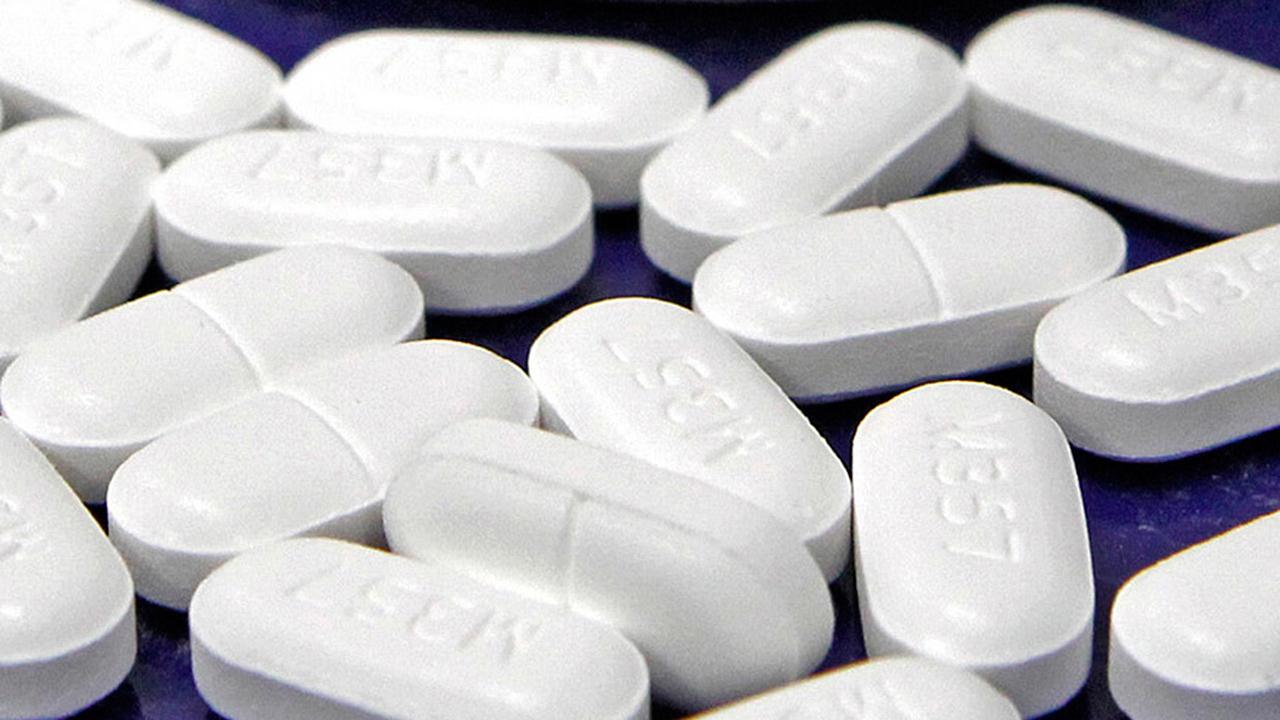Trump, congressional focus on drug costs jolts Big Pharma
Congress and the White House are doubling-down on a commitment to tackle prescription drug costs, efforts that have the powerful pharmaceutical lobby on edge and could have significant ramifications for the industry amid warnings from top companies that 2019 earnings will slip below expectations.
While Democrats and Republicans in both the House and Senate have expressed interest in moving legislation on the issue, it remains to be seen whether the two sides can come to agreement on ways to effectively lower prices. Meanwhile, Trump in his State of the Union on Tuesday reiterated a pledge to address the imbalance between what the U.S. and other countries charge for the same treatments.
"It is unacceptable that Americans pay vastly more than people in other countries for the exact same drugs, often made in the exact same place. This is wrong, unfair, and together we can stop it," he said. "We should also require drug companies, insurance companies, and hospitals to disclose real prices to foster competition and bring costs down."
The administration is advancing a sweeping proposal to eliminate the rebates that drugmakers negotiate with middleman pharmacy benefit managers (PBM). While it would be limited to Medicare and Medicaid drug plans, experts say it would eventually expand to the commercial market.
The upheaval of the complex discount system is expected to largely impact PBMs like Express Scripts and CVS Health. And while some analysts say it could be advantageous for pharmaceutical manufacturers who still retain full pricing authority, the plan unveiled last week is expected to lead companies to announce reductions to the list price of treatments, which would have an effect on the bottom line.
More significantly for drugmakers, the White House is also still weighing a proposal to link federal reimbursement for the industry’s most lucrative treatments to international pricing, an idea the administration says is intended to address the global cost imbalance and one the pharmaceutical lobby is expected to fight vigorously. It could also elicit backlash from congressional Republicans, who opposed a similar idea pushed by former President Barack Obama.
The threat is forcing a sector accustomed to wielding its immense influence to stop adverse measures to consider radical proposals.
The drug lobby has floated the idea of pegging a cap on annual drug price increases to inflation -- roughly 2 percent to 2.5 percent a year, below the existing average hikes. The administration supported the proposal – first reported by Biocentury – but warned the industry it would have to go further, sources say.
| Ticker | Security | Last | Change | Change % |
|---|---|---|---|---|
| PFE | PFIZER INC. | 26.86 | -0.49 | -1.80% |
| ABBV | ABBVIE INC. | 224.34 | -4.43 | -1.94% |
| BMY | BRISTOL MYERS SQUIBB CO. | 60.28 | +0.58 | +0.97% |
| JNJ | JOHNSON & JOHNSON | 246.88 | +1.95 | +0.80% |
| MRK | MERCK & CO. INC. | 121.85 | +0.24 | +0.20% |
| SNY | SANOFI | 47.38 | +1.24 | +2.69% |
| AZN | ASTRAZENECA PLC | 208.76 | +2.25 | +1.09% |
| LLY | ELI LILLY & CO. | 1,023.26 | +3.32 | +0.33% |
Big Pharma will also soon face its most public challenge in years, as top executives at the largest companies prepare to defend their price increases in front of House and Senate panels. While drug CEOs have appeared in the past in front of congressional committees, those were isolated events and largely did not include the industry’s most influential companies.
The Senate Finance Committee – which has wide-ranging authority over health care matters like federal drug reimbursement – invited CEOs of AbbVie, AstraZeneca, Bristol-Myers Squibb, Johnson & Johnson, Merck & Co., Pfizer and Sanofi to testify.
The companies previously declined the invitation and Chairman Chuck Grassley, R-Iowa, recently said the panel would be “more insistent the next time.” So far, two executives – including Merck’s Kenneth Frazier – have agreed to testify.
The House Ways and Means Committee is planning its own hearing on the topic, but has not yet publicly announced who will attend. And the House Oversight Committee recently sent requests for information to several companies -- including Pfizer, Eli Lilly and AbbVie -- on recent price hikes.
The new pressure has not yet had a dramatic effect on earnings, but softer-than-expected 2019 profit outlooks at several top companies is giving some analysts pause.
“Everybody is a little bit cautious. The numbers that are being premised are on the lower end,” Sanford Bernstein’s Ronny Gal told Fox Business.
CLICK HERE TO GET THE FOX BUSINESS APP
Fourth-quarter profits and revenue at Pfizer, for example, came in above Wall Street expectations. But the forecast from the world’s largest drugmaker that earnings would hit as high as $2.92 per share this year was less than the $3.04 that analysts predicted.
Johnson & Johnson – which said its net drug prices decreased from 8 percent to 6 percent in 2018 -- also recently warned that it expects sales to slow in 2019. In a call with investors, CEO Alex Gorsky cautioned against proposals that may have “unintended consequences” that could increase patient costs and threaten access to treatments.




















